Haitian civil society is clear: No Intervention, support Haitian-led solutions
Twenty-eight people have been arrested by the Haitian National Police for involvement in the assassination of President Jovenel Moïse - including 2 Haitian Americans and 26 men from Colombia, some identified as
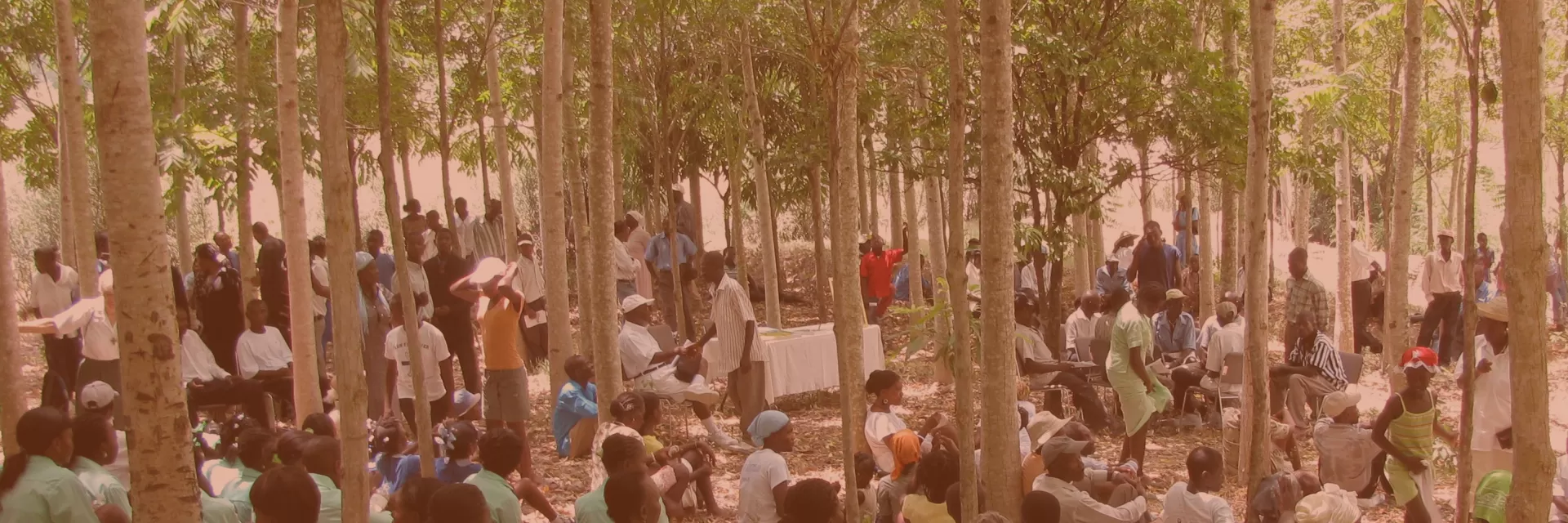

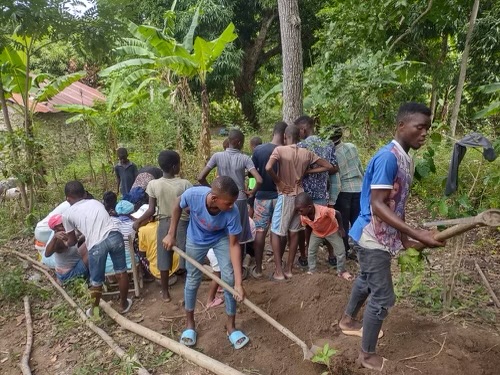
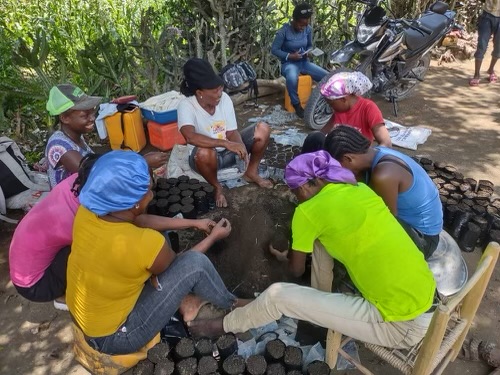
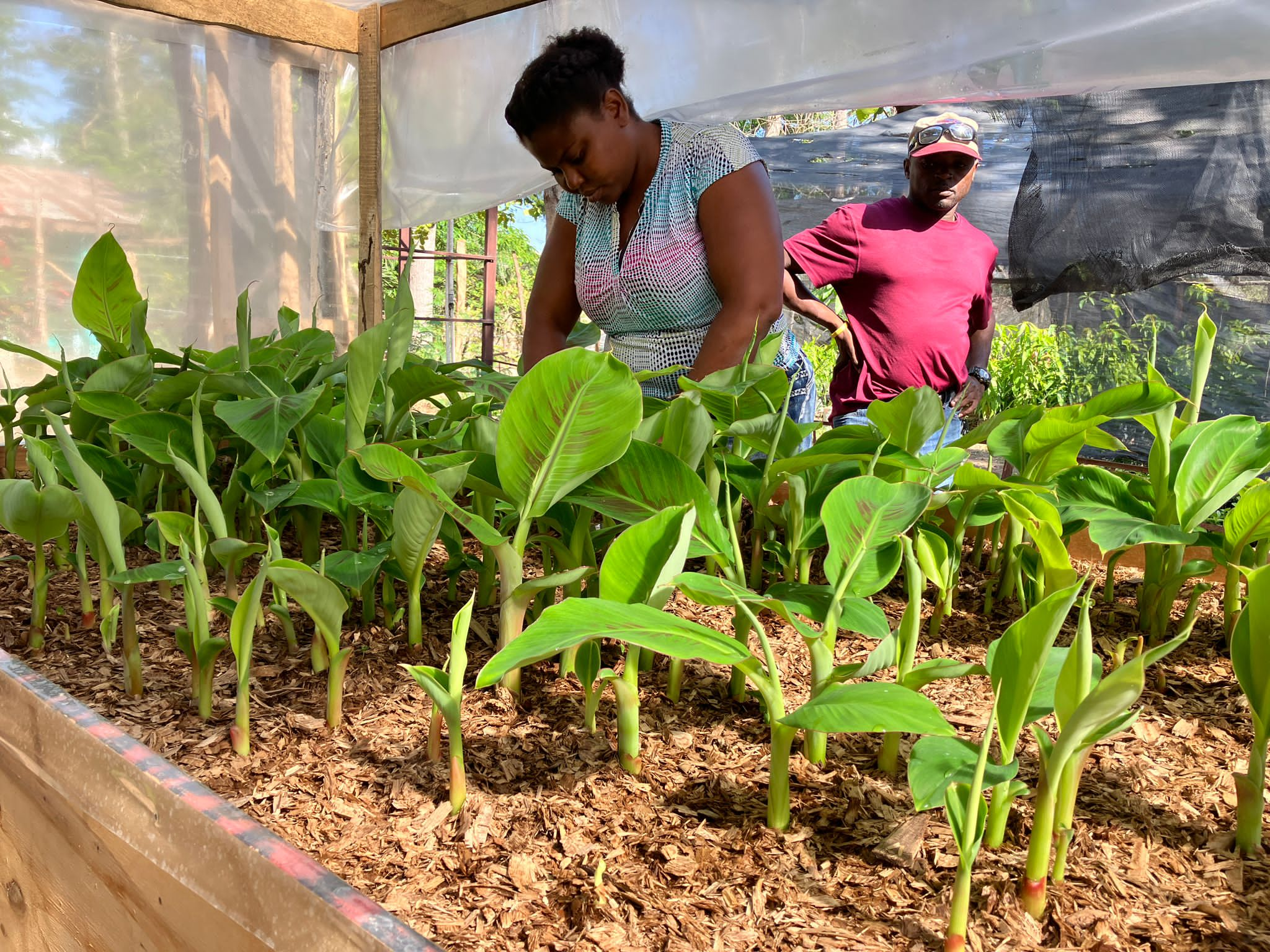
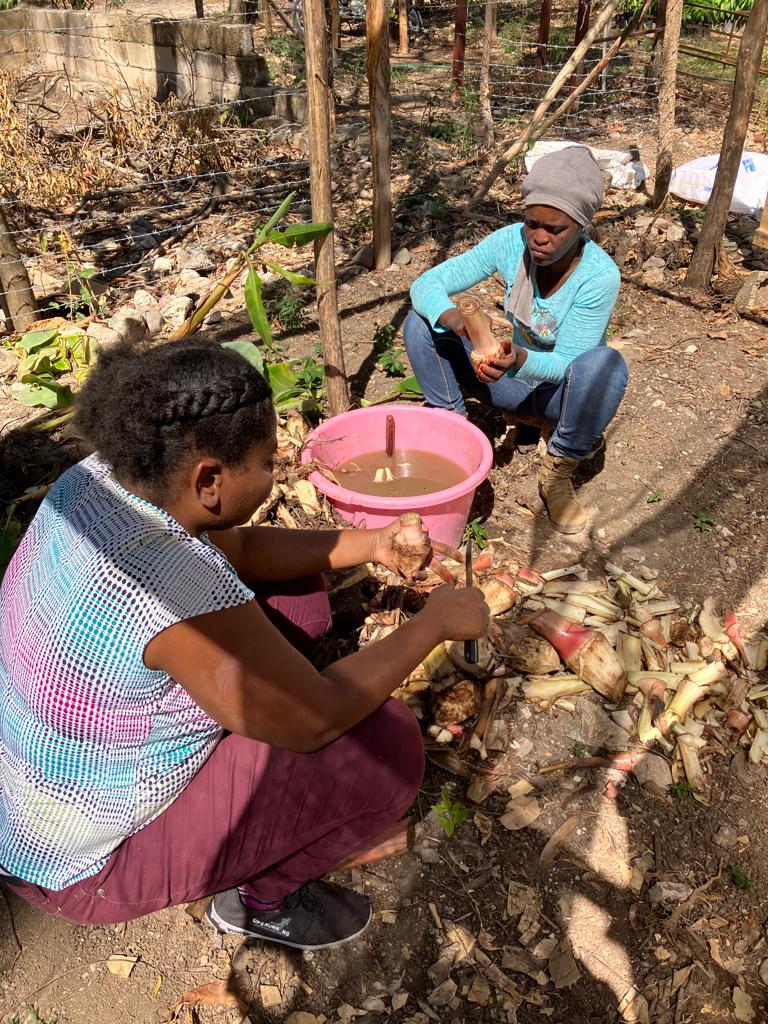

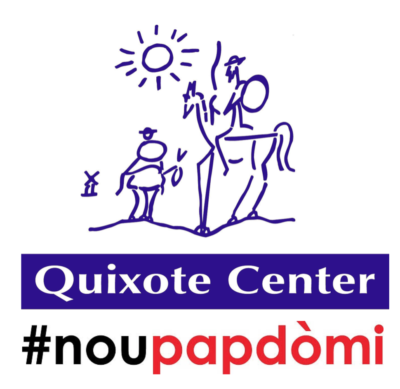
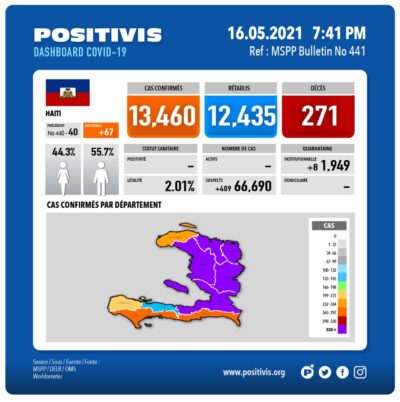 Reports are beginning to emerge of a new wave of COVID-19 infections in Haiti, as hospitals scramble to find scarce supplies. Haiti, like many other impoverished countries, has no clear vaccination program in place. The government suffers from a lack of legitimacy on many fronts, and it is unlikely it could mobilize people on a wide scale to get vaccinated.
Reports are beginning to emerge of a new wave of COVID-19 infections in Haiti, as hospitals scramble to find scarce supplies. Haiti, like many other impoverished countries, has no clear vaccination program in place. The government suffers from a lack of legitimacy on many fronts, and it is unlikely it could mobilize people on a wide scale to get vaccinated.